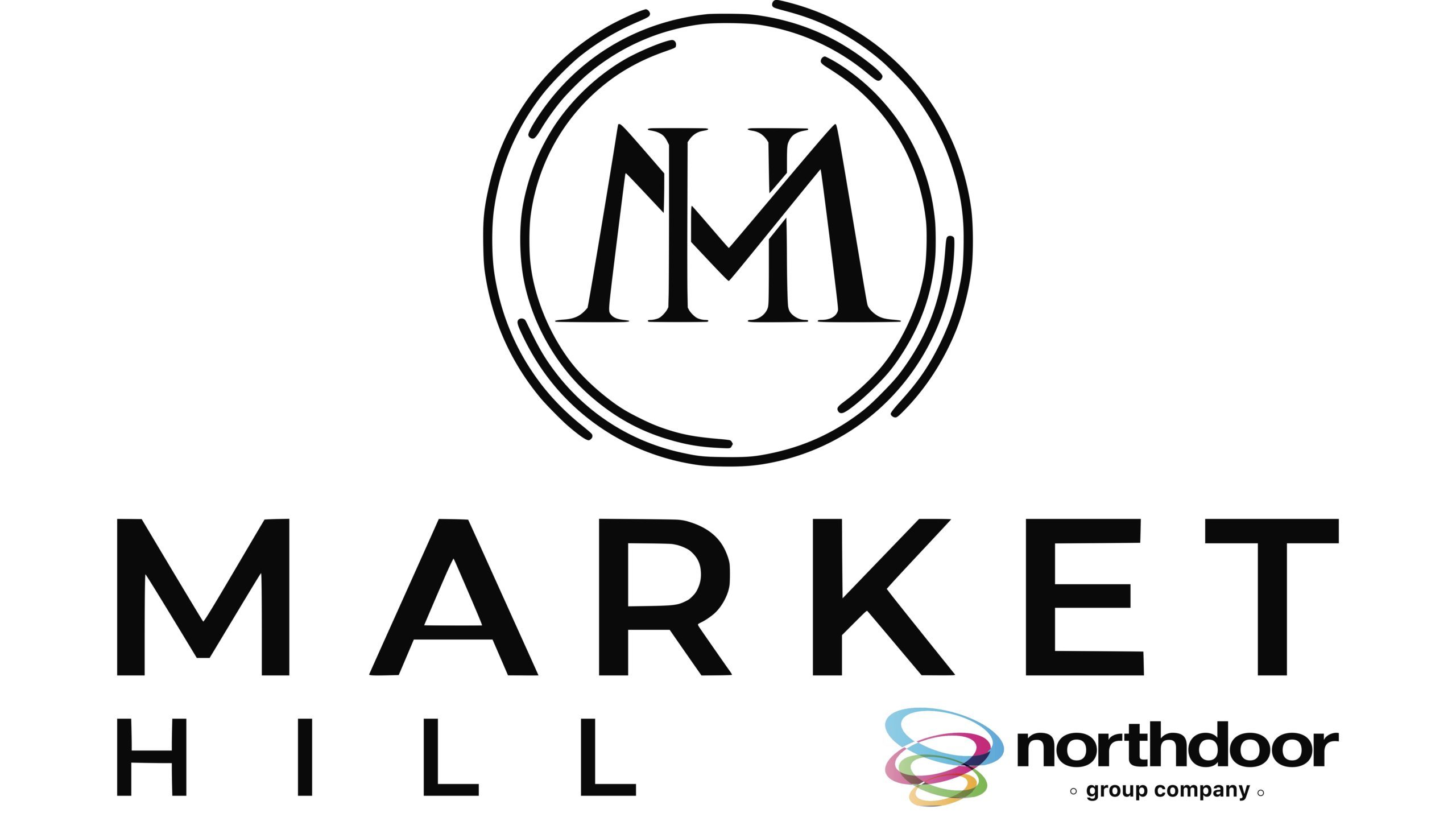Last time, you learned what a product review meeting is, why Private Equity involvement is a must, and the value you can achieve.
Following this, readers asked excellent questions on the themes product value creation takes. After all most tech programmes waste time and don’t deliver value.
That’s because they spin out forever. They cost a lot and deliver less value than you hoped for. And it’s tough to understand what happened and what you missed out on?
That’s why PE firms are taking hold of their product destiny in 2022.
For 2022 and beyond product meetings are becoming the new board meetings. They’re where you influence the technology roadmap and align this to value creation.
The best PE firms run QVCMs. These include the leaders and doers from tech, sales, marketing, operations and support. Throughout the quarter, we’ll guide them in implementing and facilitating the QVCMs.
But, it’s not all about writing new fun bits of code. Here’s your checklist for seven very valuable pieces of the puzzle. Take the test and see if your product teams have considered them yet.
- Is there a programme in place for continual assessment? That’s looking at cost and performance data to reduce areas of inefficiency
- Are the demand and capacity forecasts of business, technical and cloud systems built to scale with your growth ambitions?
- Do you ensure product release management strategies predict, manage and improve future performance, cost and growth positions?
- How does Incident management align to release processes? How quickly are issues addressed during upcoming releases?
- Do you design a system of approaches to the cloud so you can leverage RI’s, Rightsizing and optimisations in the future?.
- Are you mapping and reducing the cost per user to allow for the most aggressive and flexible growth strategy you can imagine?
- Can you build a simple framework for external guidance that will increase the overall velocity of your product teams?
Each of these areas can reveal anywhere between $0.5 – $1M tech value creation windfall per portco that you should be able to get at in 90 days or less.
Do any of these look like it’s worth taking action on now? Please let me know.
Keep leading; it matters.
–
Thomas
You can sign up for more ‘unconsidered needs’ below.
